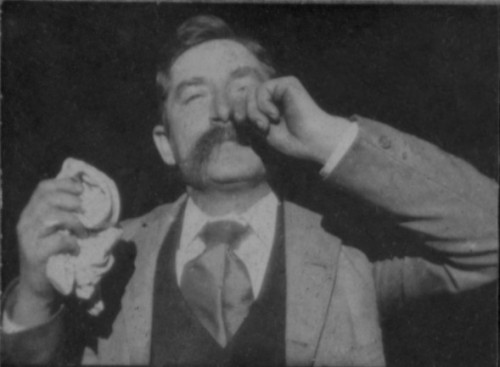Ashford Clinic Blog
Is it Allergies or the Weather?

Changes in the weather have long been blamed for numerous ailments, from achy joints and headaches to sinus infections. While it is difficult to prove exactly what impact the changing weather has on our health, many experts say that the weather can be attributed to some adverse health symptoms.
Allergies? Maybe, maybe not.
Spring pollen allergies causing sneezing, stuffiness, and difficulty breathing are one of the most recognizable examples of temperature or seasonal change affecting human health. While many people do suffer from seasonal allergies associated with pollen, there are instances where pollen may not be the culprit for your allergy-like symptoms or sinus infection.
Non-allergic rhinitis produces symptoms that resemble seasonal allergies, like swollen nasal passages, congestion, and sneezing, but this type of rhinitis can be caused by sudden changes in temperature and humidity. These changes in temperature and humidity can trigger swelling of the membranes inside your nose, which causes a runny or stuffy nose.
Know Your Enemy
It is important to note that while the symptoms of these two conditions may be similar, the treatment is not. While pollen allergies respond well to antihistamines, this treatment is not helpful for non allergic rhinitis. Decongestants, a nasal steroid, or nasal irrigation are far more effective in these instances. Another, more holistic option, would be the Balloon Sinuplasty procedure - if you are an ideal candidate.
While many of these options are available over the counter, self-medicating your symptoms can be counterproductive. Prolonged use (more than a few days) of nasal drops or sprays can actually cause even more severe congestion when the decongestant wears off, which is often referred to as rebound congestion. It is extremely important to see your doctor to determine exactly what is causing your symptoms - while it may feel like allergies to you, it could be a virus, sinus infection, or other condition. Your doctor can also determine the best treatment path for you.


